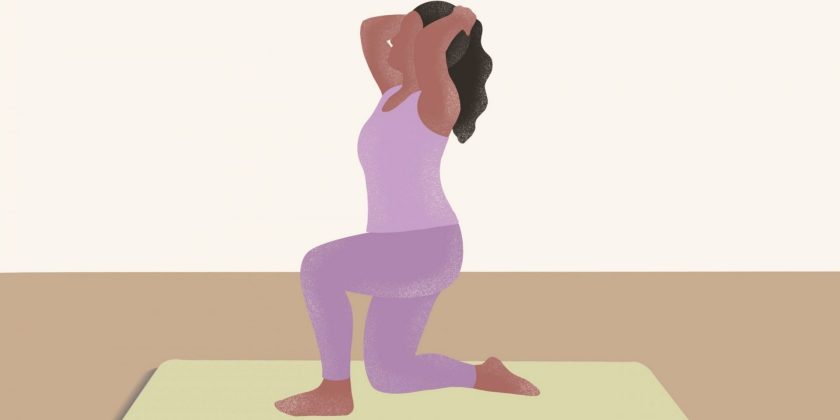We’re led to believe that exercise can cure (or at least manage) our mental health. What happens when that doesn’t work?
A new study, published in Frontiers in Psychiatry, just found that exercise can reduce anxiety by 50%. That’s just this week’s headline, but there were papers published last week, and the week before that, showing similar impacts of working out on your mental health. Suffice to say, the link between regularly moving and feeling better is well documented.
I’m a huge advocate for the benefits of exercise, especially for improving symptoms of poor mental health. More than anything, I love that it gives us an open and positive conversation about our wellbeing. It positions exercise as an incredible thing to do for your mind as well as your body. It takes the focus away from exercise being a tool to change what we look like and makes movement about empowering and bettering ourselves. But sometimes the language surrounding mental health and exercise can make me feel like a failure.
You may also like
Exercise motivation: 9 women on the benefits of exercise that have nothing to do with aesthetics or fitness
I exercise – consistently, regularly and with a mixture of training styles – yet I am diagnosed with general anxiety disorder. If the current conversations around exercise benefits are to be believed, that shouldn’t be the case; all too often, headlines ignore the nuance of studies and papers by selling exercise as a cure-all, insinuating that no one would have mood disorders if only they ran more.
On social media, exercise is heralded as a therapy (we’ve discussed why that’s problematic before) and it’s also part of the glamorisation of mental health recovery. The narrative is that if you are going to the gym or getting through a run, you must be fine – you’re over the anxiety, or at least keeping it at bay. Maybe that stems from the belief that you must be strong to get through a workout, and mental health is still seen as a weakness. But that ignores the very real fact that there have been days where I’ve done a workout in the morning and had a panic attack in the afternoon.

All of these things make me wonder, am I doing it wrong? Am I training too little? Too much? Am I doing the wrong workouts? Could I be solving my anxiety through my workouts, and if so, why hasn’t it worked?
My friend tells me that she often finds the stereotype of exercise and happiness can actually make her anxiety worse. “I go in to classes thinking something is supposed to make me feel better and then it doesn’t, which only further heightens my anxiety,” she says to me. And this is the problem: the stereotype of exercise being all about grit and determination and coming out the other side full of happiness – you wipe the sweat from your forehead with a huge smile. But we can’t detach the fact that we exercise in the same bodies and with the same minds that also face the rest of the day. Just as exercise is one element of improving physical health, alongside what you eat, how you manage stress, the socio-economic bracket you fall under, your genetics and hundreds of other reasons, exercise is just one part of the mental health pie.
“Exercise helps to distract me or cope with the symptoms of my OCD, but it doesn’t make the symptoms go away,” says another friend. “While working out makes it easier to coach myself through intrusive thoughts, nothing that makes you feel ‘good’ – even exercise – can get rid of OCD.” For many women, the truth is that exercise can even exacerbate mental health issues – a new study by Mind showed that around 18% of people exercise despite being unwell or injured, and nearly 40% of people say they feel guilty when they miss a session. Maybe this is because we are told that in our stressful lives, exercise should help – but in reality it can sometimes be more of a hindrance.
The truth is, on the whole, I am less anxious now than I was before I started exercising regularly. I can notice that impact when I take an extended break from training, like at Christmas, for example. But I am not free from anxiety – and I don’t think I ever will be. I write that because I have assumed so many times that those who have their workout schedule down must have their mental health under control. That the girl in the corner of the gym who is deadlifting her bodyweight doesn’t suffer from mental health issues – how could she? She’s fit. She’s at the gym at 7am on a Monday. I think this despite knowing that I too am there, and I struggle with my mental health despite maybe looking like I have it all under control.
Maybe exercise is just there to help me manage my mental health, and I’m fine with that. But the world needs to stop promising it as a cure, because what happens when it doesn’t work?
Images: Getty
Source: Read Full Article
